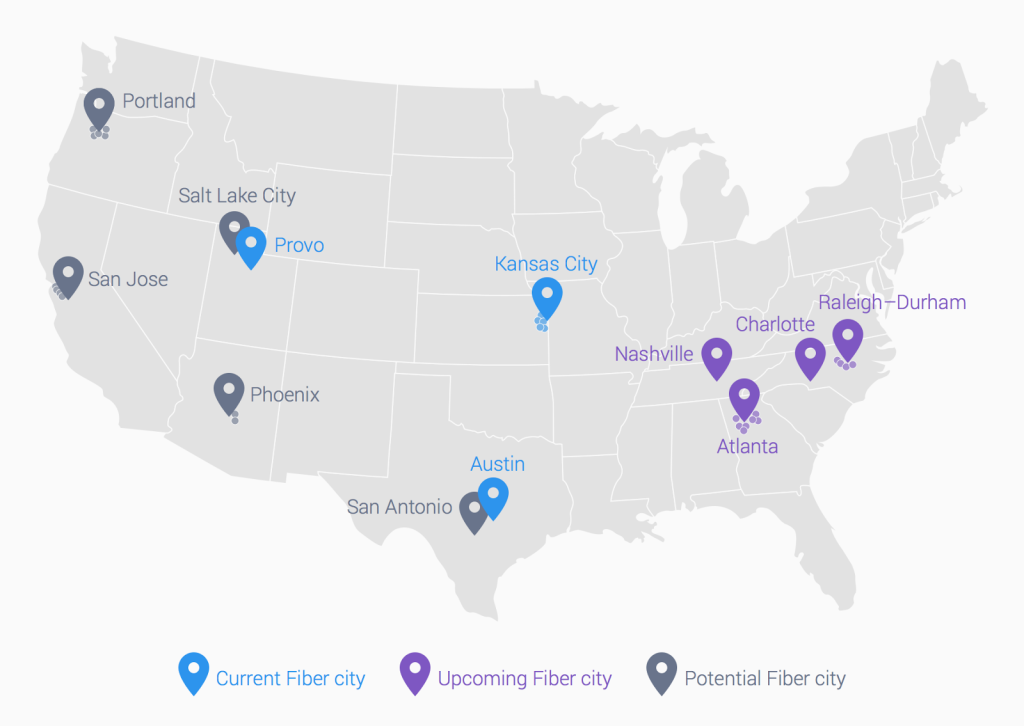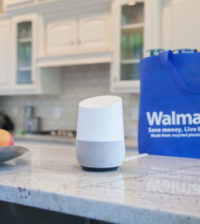Visiting Ben’s is Getting Faster: Google Fiber Will Expand to Four Eastern Cities
The four metropolitan areas designated for Google Fiber next are Atlanta, Charlotte, Nashville and Raleigh-Durham, with a total of 18 affected cities included in those areas, according to a post on Google’s official blog. Google also mentioned five more metropolitan areas it is considering for Fiber implementation further down the line. Those are Phoenix, Portland, Salt Lake City, San Antonio and San Jose.
The process of installing the infrastructure necessary for Google Fiber is a long and sometimes political one, so if you’re in any of these areas don’t expect to be downloading The Interview during your coffee break anytime soon. From Google:
“We’ve been working closely with city leaders over the past year on a joint planning process to get their communities ready for Google Fiber—and now the really hard work begins. Our next step is to work with cities to create a detailed map of where we can put our thousands of miles of fiber, using existing infrastructure such as utility poles and underground conduit, and making sure to avoid things like gas and water lines. Then a team of surveyors and engineers will hit the streets to fill in missing details. Once we’re done designing the network (which we expect to wrap up in a few months), we’ll start construction.”
If all you care about is knowing when Google Fiber will be available to you, head over to Google’s notification page and sign up. In fact, expressing interest is a part of Google’s implementation process and how it determines where to build the “fiberhoods” that serve as the service’s hubs.
It’s been a slow roll since Google started up with it’s overwhelmingly fast fiber-optic network. Initially an experiment in Kansas City and subsequently expanded to two more cities, the gigabit internet service is still more of a privilege than a public service. That said, today’s announcement feels more like a second chapter than a continuation of the first, mostly because of this picture:
Though the first three cities are spread quite liberally throughout the country, today’s announcement shows that Google’s ambitions for nationwide infrastructural improvement are likely to be realized over time.












